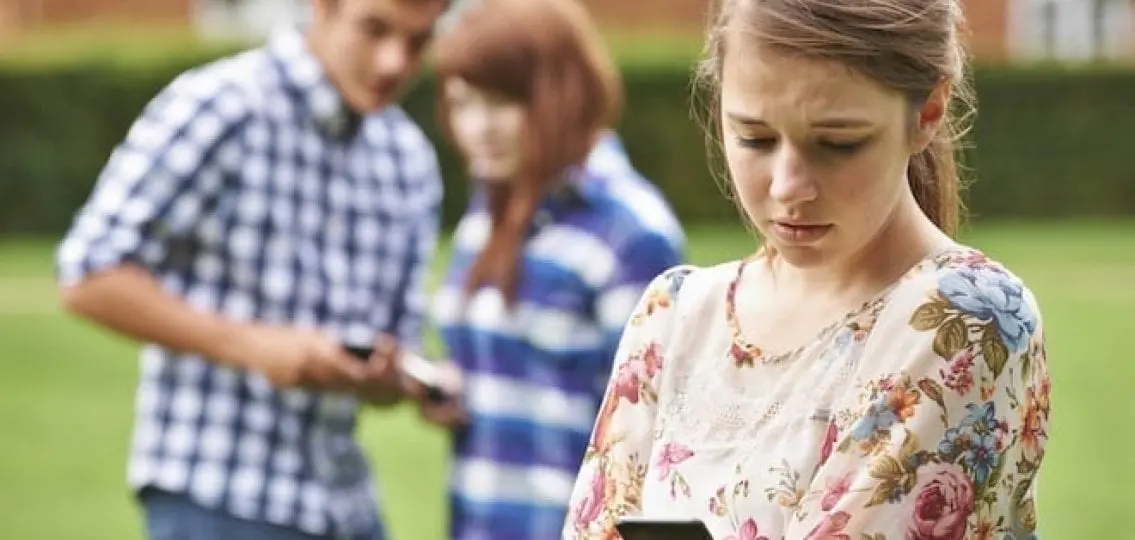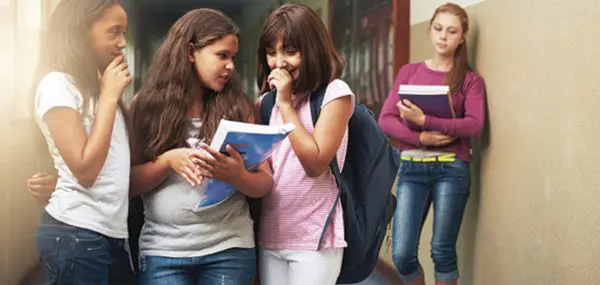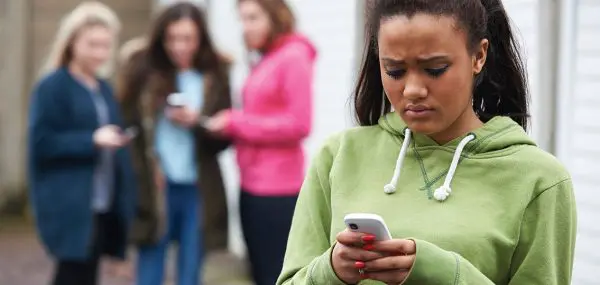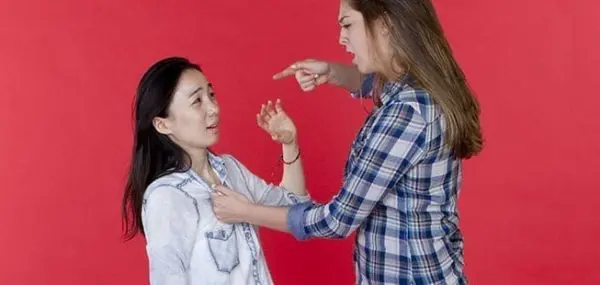Dear Your Teen:
If other students are bullying a teen or tween in school, realistically what can a parent expect the teacher to actually do for bullying help? And how should a parent broach this bullying behavior in a way that is most effective in achieving results?
Answer | Jason Culp
Schools are full of people who care deeply about the well-being of the children they look after. As such, the vast majority of teachers you could contact will respond if they are clearly informed that bullying issues is occurring in or near their classroom. It’s important, however, to remember to ask for help in a constructive and thoughtful way. Confrontation will only exacerbate the problem. To this end, one educator shares his thoughts on how best to go about this below.
Bullying and Teachers
When speaking with the teacher, do so calmly. Provide as much detail about the times and locations of the bullying behavior as possible. Ask the teacher to partner with you to resolve the issue. Ask the teacher if there are behaviors you can address with your child that may help to make things easier.
Parents should expect the teacher to monitor the emotional climate of his or her classroom. They should provide a safe environment for your child. The teacher cannot be expected to see and respond to every incident of bullying behavior in the course of a school day. So many kids intentionally hide bullying behavior from adult view.
However, when alerted to a concern, the teacher can be expected to proactively respond, in terms of reviewing class-wide rules against bullying behavior, changing seating arrangements in order to discourage bullying interactions and to monitor partner and group work assignments so as not to inadvertently create undue exposure to victimization for the student experiencing bullying behavior.




